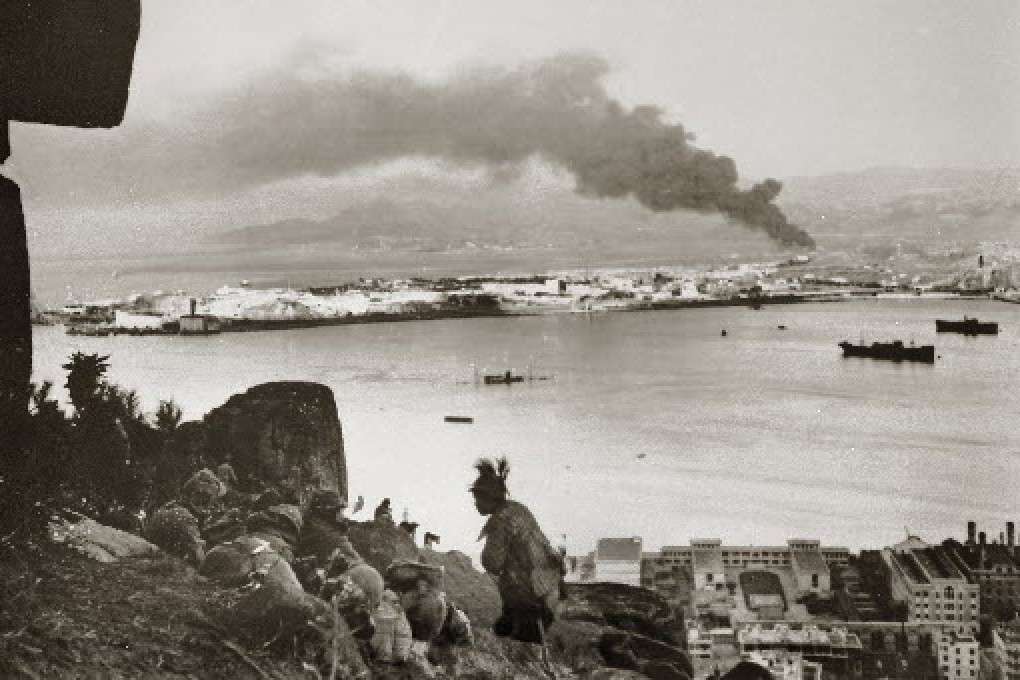'Bombs dropped all along the harbour': my grandmother's brushes with death during Japanese occupation of Hong Kong
On December 8, 1941, Hong Kong became one of the first battlegrounds in the Pacific campaign of the invading Japanese. On the same morning as the attack on Pearl Harbour, Japanese forces attacked British Hong Kong without any prior declaration of war. Japan's act of aggression was met with fierce resistance but the colony fell after 18 days of intense fighting. For three years and eight months, the people of Hong Kong lived under Japanese Occupation. This is the first of a series of stories in remembrance of the Battle of Hong Kong and the dark days that followed.

The shorelines of Hong Kong have changed so much with reclamation work that I find it hard to pick out where my grandmother once lived.
The 90-year-old matriarch Chan Ngan was born and lived on a boat - a mid-sized wooden junk - until she married my grandpa. The Chans also owned a little sampan, which they moored on one of the many piers at Sai Ying Pun.
Just before the war, the family made a living transporting goods and people from piers to the tugboats and large cargo ships anchored in the deeper waters in the middle of Victoria Harbour.
Every day, grandma said she’d stand along the piers, waiting for customers looking for a ride out to their vessels anchored further out.
All that rowing was done for just three cents.

"It was a rolling sound of bombs dropped all along the harbour," she said, gesturing with her hands to show how fast the bombs dropped into the sea. "It went on and on. Very loud, waves flying and wooden splinters. And then it stopped."